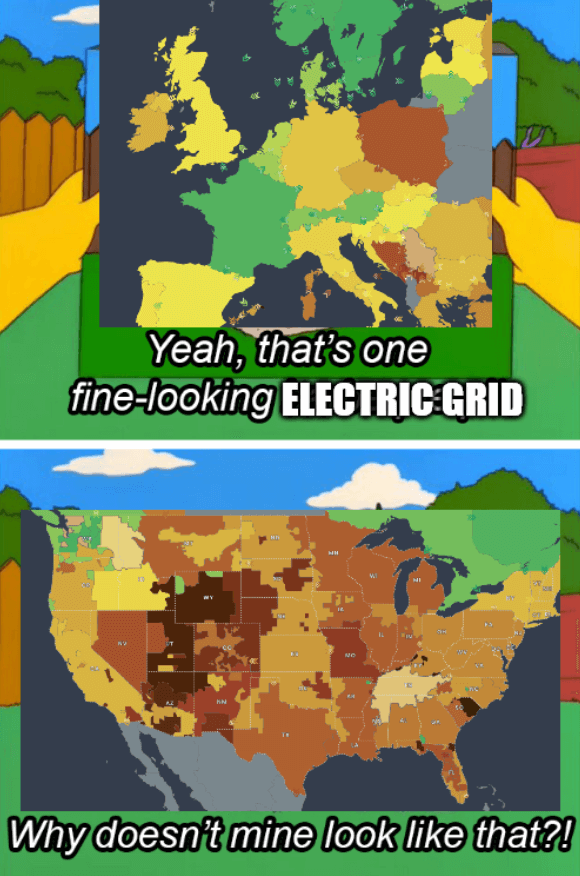this post was submitted on 19 Jul 2024
389 points (94.9% liked)
memes
15817 readers
3505 users here now
Community rules
1. Be civil
No trolling, bigotry or other insulting / annoying behaviour
2. No politics
This is non-politics community. For political memes please go to !politicalmemes@lemmy.world
3. No recent reposts
Check for reposts when posting a meme, you can only repost after 1 month
4. No bots
No bots without the express approval of the mods or the admins
5. No Spam/Ads
No advertisements or spam. This is an instance rule and the only way to live.
A collection of some classic Lemmy memes for your enjoyment
Sister communities
- !tenforward@lemmy.world : Star Trek memes, chat and shitposts
- !lemmyshitpost@lemmy.world : Lemmy Shitposts, anything and everything goes.
- !linuxmemes@lemmy.world : Linux themed memes
- !comicstrips@lemmy.world : for those who love comic stories.
founded 2 years ago
MODERATORS
you are viewing a single comment's thread
view the rest of the comments
view the rest of the comments

It will take some time but I will answer with sources. Can you post the source used in the map i have never been able to find anything that came close.
Sure! This is the report: https://unece.org/sites/default/files/2022-04/LCA_3_FINAL%20March%202022.pdf
It has a description of the methods and the ISO standards they use to determine life-cycle CO2, from the cradle to the grave numbers. It also includes all the references and sources. I'm sure there's a lot more info available about the research they did, but this is the high-level report.
The UN seems like a pretty reliable source and the report seems very thorough, but I'm not qualified to say where they went wrong. So I would love to see what other sources say on the subject.
Edit: They even state in their report why the value they give for nuclear is on the low end of most accepted literature:
But even if you double the amount, it's still the best or at least one of the best.